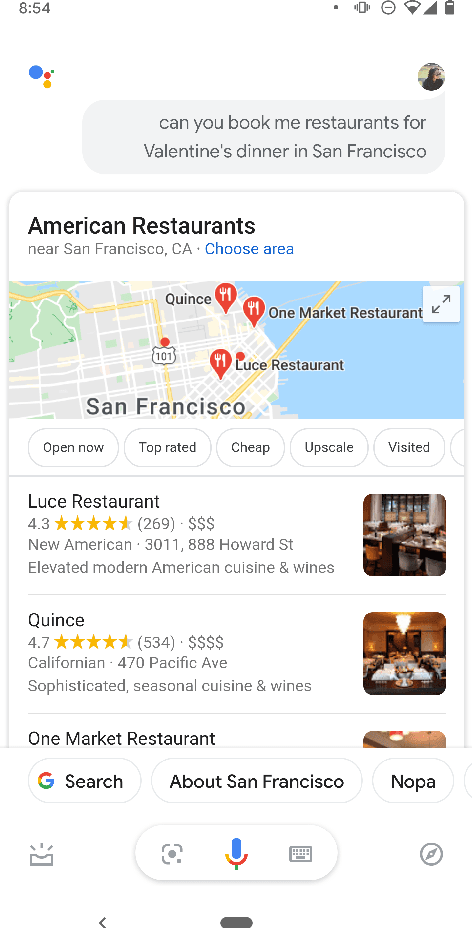Challenges in Supporting Exploratory Search through Voice Assistants
Paper and Code
Mar 06, 2020
Voice assistants have been successfully adopted for simple, routine tasks, such as asking for the weather or setting an alarm. However, as people get more familiar with voice assistants, they may increase their expectations for more complex tasks, such as exploratory search-- e.g., "What should I do when I visit Paris with kids? Oh, and ideally not too expensive." Compared to simple search tasks such as "How tall is the Eiffel Tower?", which can be answered with a single-shot answer, the response to exploratory search is more nuanced, especially through voice-based assistants. In this paper, we outline four challenges in designing voice assistants that can better support exploratory search: addressing situationally induced impairments; working with mixed-modal interactions; designing for diverse populations; and meeting users' expectations and gaining their trust. Addressing these challenges is important for developing more "intelligent" voice-based personal assistants.
 Add to Chrome
Add to Chrome Add to Firefox
Add to Firefox Add to Edge
Add to Edge